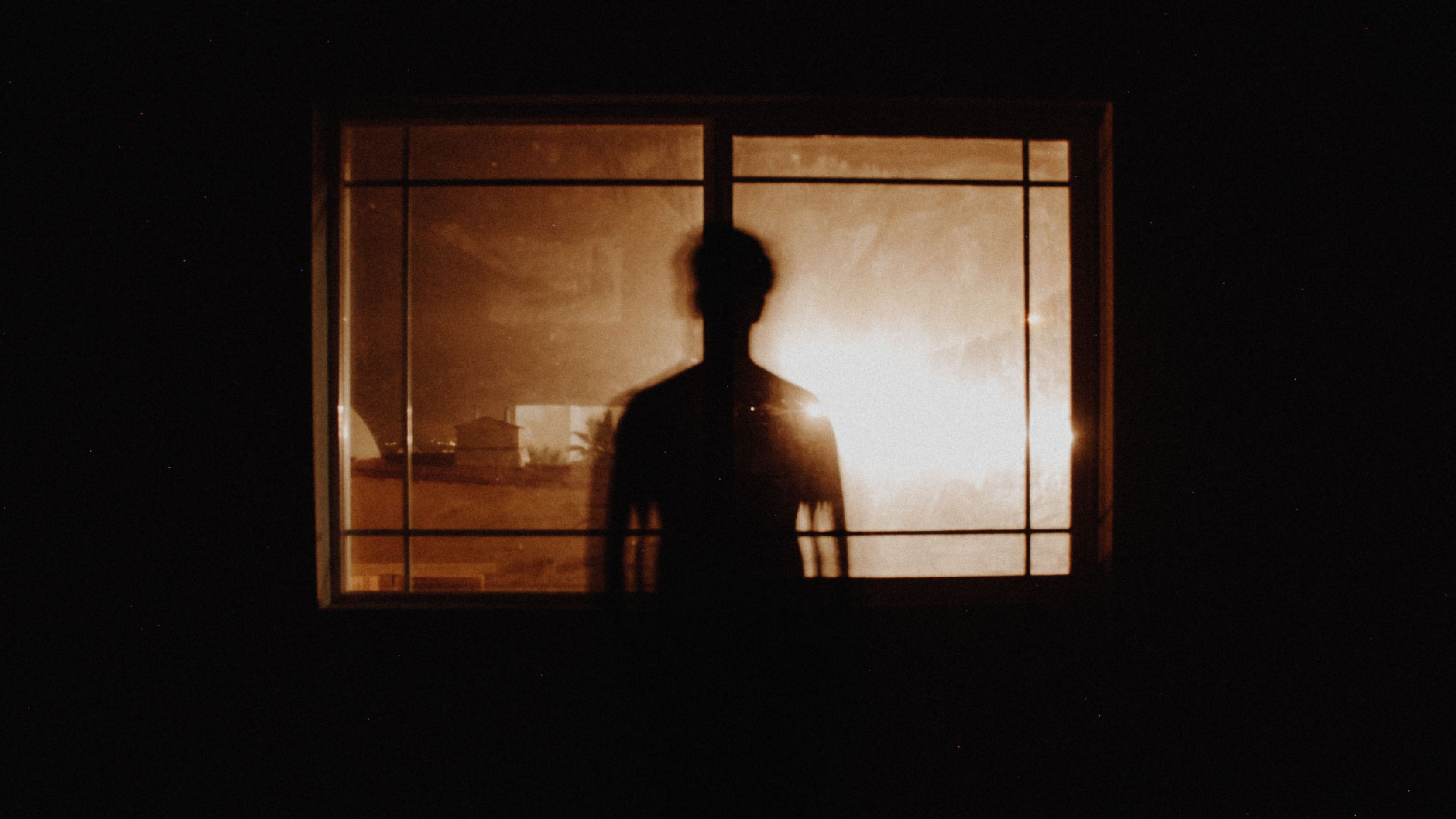According to DSM-5, the latest Diagnostic and Statistical Manual of Mental Disorders, depression is to be diagnosed in all or none fashion (Tolentino and Schmidt, 2020). But is Major Depressive Disorder (MDD) qualitatively from garden variety sadness? Research suggests that there is some connection between the two.
A study by Sarah Tebeka et al. investigated the prevalence of sadness and psychiatric disorders in three non-overlapping groups in the US – (i) non-depressed sad participants, (ii) non-sad non-depressed participants, and (iii) depressed participants. They also assessed the prevalence of risk factors known to be correlated with depression in these groups. To do this they used data from the National Epidemiologic Study of Alcohol and Related Conditions (NESARC), a survey with 36,309 participants.
34.29 % of the population surveyed said they were sad at least once in their life every day for 2 weeks. 12.65 % of the population reported being sad but had not been diagnosed with MDD. 21.73 % of the population had been diagnosed with MDD and almost everyone in this subgroup reported being sad (99.54%)!
Researchers found that sad participants and participants with MDD shared common socio-demographic characteristics – both groups were more likely than the control to be women, non-married, divorced, and have lower personal incomes. Both groups also presented more psychiatric disorders like anxiety, substance use, psychotic, eating, and personality disorders. The prevalence of suicide attempts was 1.34% in controls, 9.11% in the sadness group, and 14.32% in the MDD group. The researchers had previously done the same study in a French population (N = 38,694) which yielded similar results.
It has been suggested (the authors note) that if a non-clinical group and a clinically diagnosed group both show a high degree of similarity in the prevalence of psychiatric disorders and socio-demographic characteristics (risk factors), they may be parts of a continuum (Van Os et al., 2009). Sadness and MDD are not completely different animals so to speak (as a lot of people believe). Indeed, the idea that mental disorders can be considered discrete states of mental health has become outdated (Conway et al., 2021).
The authors concluded that “Sadness is an intermediate state, sad individuals reporting more psychiatric disorders than controls, but less than participants with MDD”. Read more about the study here.








